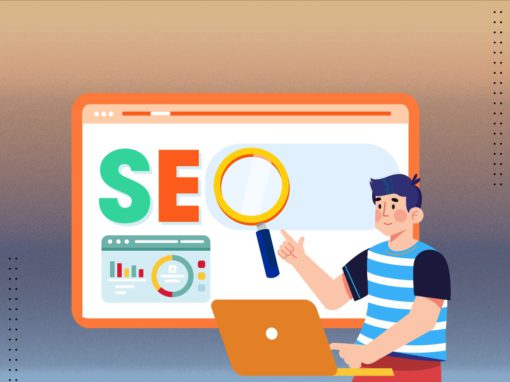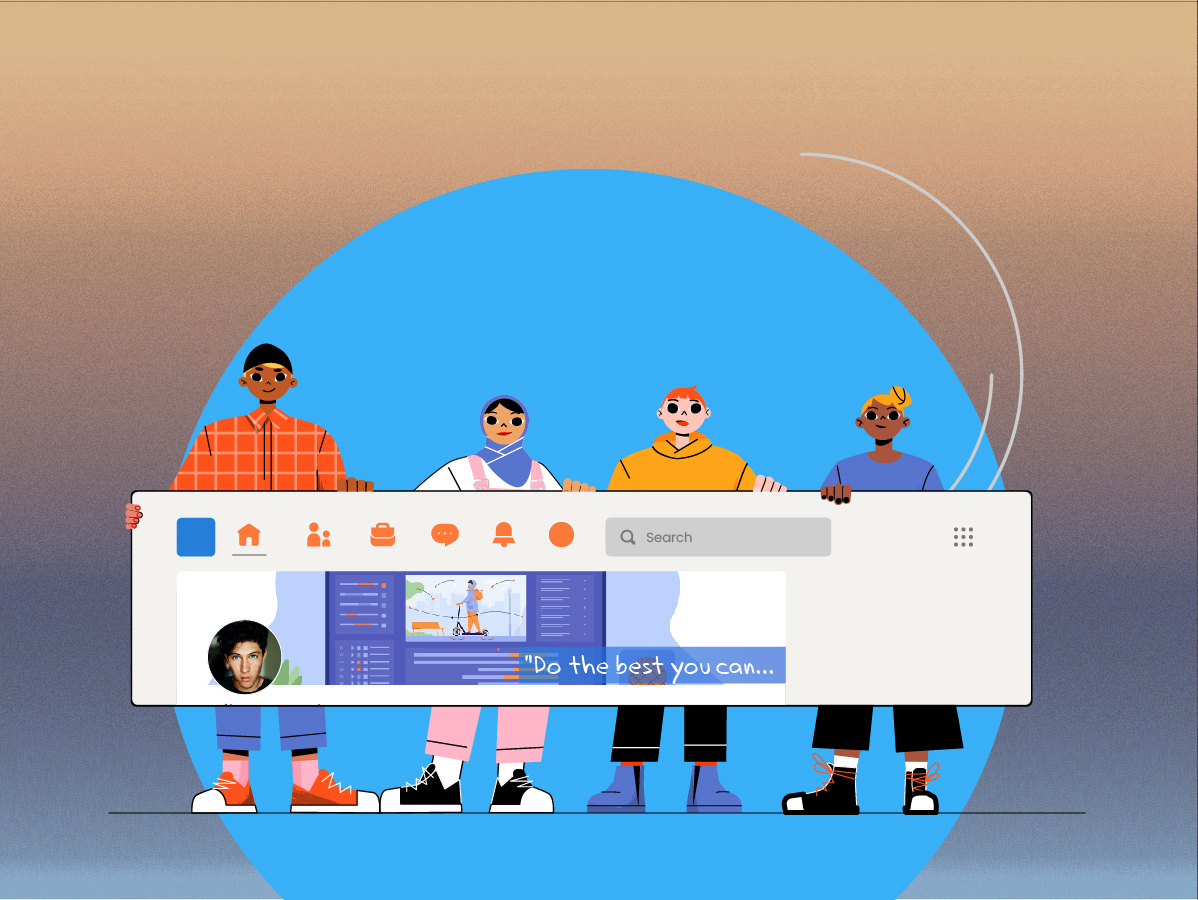As technology evolves and consumer behaviours continue to change, it is essential for businesses to stay ahead of the curve and adapt their marketing strategies accordingly. There are various key trends that are driving marketing innovation and redefining the way businesses connect with their audiences.Join us as we navigate through these exciting trends and how they can help businesses thrive in a dynamic and ever-changing marketing landscape.
-
Personalization & Customization
Marketers are expected to focus on delivering personalized experiences to their customers by leveraging data and technology. Tailoring content, offers, and product recommendations to individual preferences and needs has become a crucial strategy. Personalization involves delivering experiences and content based on customer data, preferences, and behaviour. It goes beyond simply addressing customers by name and extends to personalized recommendations, product offerings, and communication channels.Customization involves giving customers the ability to personalize or customize products or services according to their specific preferences or requirements. It empowers consumers to create unique offerings that suit their individual tastes and needs.
-
Use of AI and ML in Marketing
AI and ML are predicted to play a significant role in marketing. From chatbots and virtual assistants to predictive analytics and customer segmentation, AI and ML are expected to improve marketing efficiency and enable data-driven decision-making. AI and ML have emerged as transformative marketing trends, enabling businesses to deliver personalized experiences, optimize campaigns, and enhance customer engagement.Marketers can leverage AI-driven insights to target specific customer segments, provide tailored recommendations, automate marketing processes, and deliver exceptional customer experiences. AI and ML not only enhance efficiency and effectiveness but also enable marketers to stay ahead in a highly competitive landscape by leveraging the power of intelligent automation and data-driven decision-making.
-
Rise of Influencer Marketing
The global influencer marketing market value stood at 16.4 billion U.S. dollars last year. The rise of influencer marketing has transformed the marketing landscape in recent years, fueled by the proliferation of social media platforms and the changing preferences of consumers. Businesses recognize the value of collaborating with influencers who have built engaged communities, allowing them to tap into niche markets and target specific demographics effectively.Influencer marketing offers brands the opportunity to increase brand awareness, engage with audiences in a more personal way, and drive conversions through the power of influencer endorsements. As a result, this trend continues to shape the marketing landscape, with businesses increasingly allocating resources to leverage the influence of these digital tastemakers.
-
Voice Search Optimization
Voice search optimization is driven by the increasing prevalence of voice-activated virtual assistants such as Siri, Google Assistant, and Amazon Alexa. With the rising popularity of smart speakers and mobile voice search, businesses are recognizing the importance of optimizing their content and strategies to align with voice search queries.Voice search optimization involves tailoring website content and marketing campaigns to accommodate natural language patterns and conversational queries. This trend requires a focus on long-tail keywords, featured snippets, local search optimization, and structured data markup. By embracing voice search optimization, businesses can enhance their visibility, improve user experience, and effectively engage with the growing number of users relying on voice commands to seek information and make purchase decisions.
-
Augmented Reality (AR) and Virtual Reality (VR)
AR and VR technologies have been revolutionizing the way businesses engage with their customers. The global VR & AR market will see a 77% compound annual growth rate in 2023. AR enhances the real-world environment by overlaying digital information and virtual objects, while VR immerses users in a simulated digital environment. These technologies provide unique and interactive experiences that capture the attention and interest of consumers.In marketing, AR and VR are used to create engaging product demonstrations, virtual try-on experiences, interactive storytelling, and immersive brand experiences. By leveraging AR and VR, businesses can offer memorable and personalized interactions that drive customer engagement, increase brand awareness, and facilitate informed purchasing decisions. As these technologies become more accessible and user-friendly, AR and VR are expected to continue reshaping the marketing landscape and provide innovative ways for brands to connect with their audience.
-
Marketing Automation
Marketing automation enables businesses to streamline and automate various marketing processes. With the advancements in technology and the availability of sophisticated marketing automation platforms, businesses can efficiently manage and nurture leads, automate email marketing campaigns, personalize customer experiences, and optimize marketing strategies.Marketing automation allows for targeted and personalized communication at scale, helping businesses deliver the right message to the right audience at the right time. By automating repetitive tasks, marketers can focus on higher-value activities such as strategy development, data analysis, and creative content creation. As marketing automation continues to evolve, businesses that embrace this trend can improve efficiency, enhance customer engagement, and achieve better overall marketing results.
-
User Privacy and Data Protection
User privacy and data protection are driven by regulations such as the General Data Protection Regulation (GDPR). Consumers are now becoming more concerned about how their personal information is collected, used, and shared by businesses. As a result, brands are prioritizing transparent data practices and implementing robust security measures to protect user privacy. Building trust through transparent data handling practices and obtaining explicit user consent is paramount.Privacy-focused marketing strategies, such as emphasizing data security and providing clear privacy policies, can differentiate businesses and foster h3er customer relationships. Brands that proactively address privacy concerns and demonstrate their commitment to data protection will be better positioned to navigate evolving regulations and meet consumer expectations in an era where privacy and trust are paramount.
Conclusion
The marketing landscape is constantly evolving, and staying up-to-date with the latest trends is crucial for businesses to remain competitive and connect with their target audience effectively. It’s essential to stay agile, embrace change, and leverage technology to create meaningful and impactful marketing experiences that resonate with customers in this dynamic and ever-evolving digital era.
Many businesses are now leveraging a lead generation tool like expandi to enhance their outreach and business leads. You can schedule a free demo to see how you can boost your marketing outcomes.








